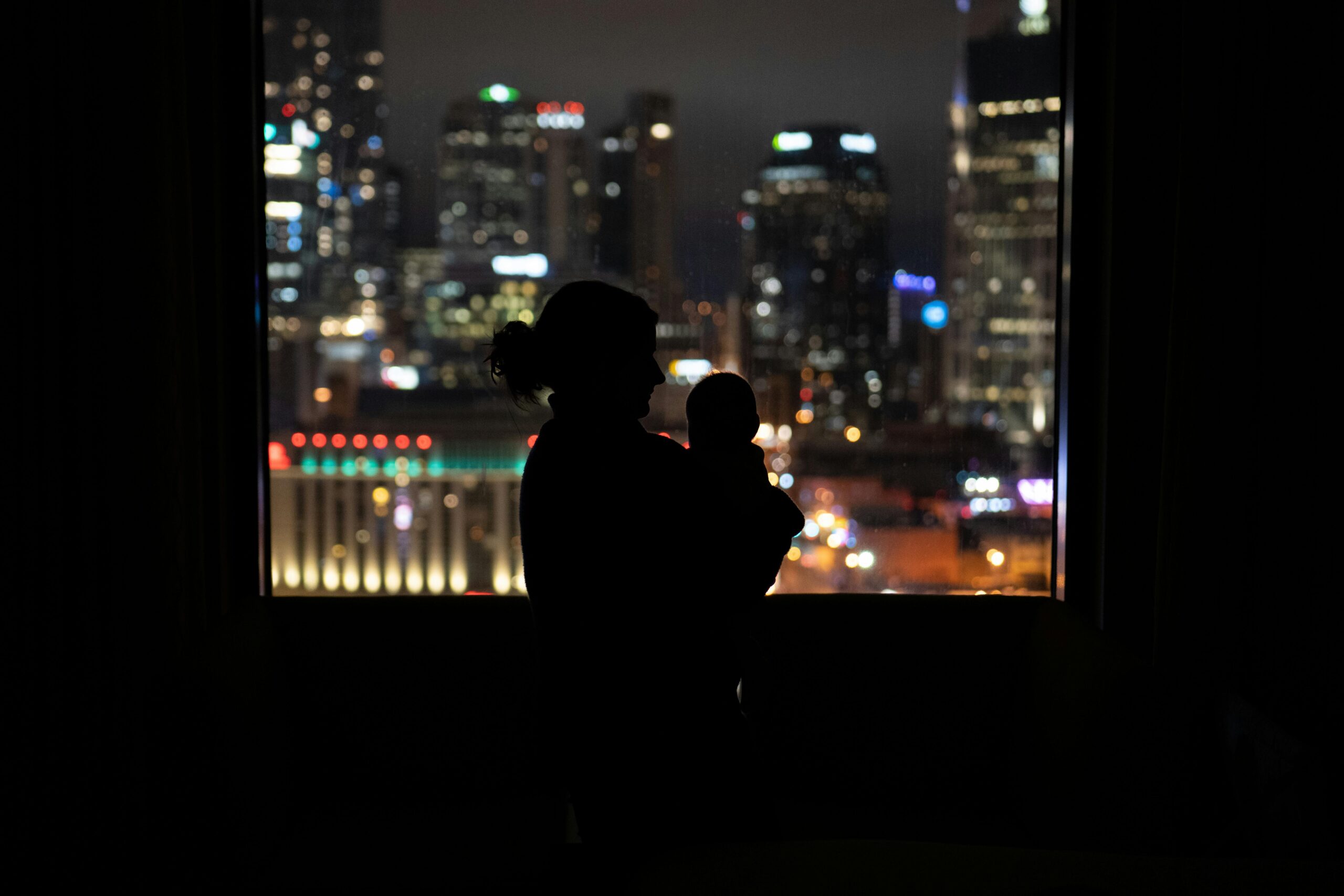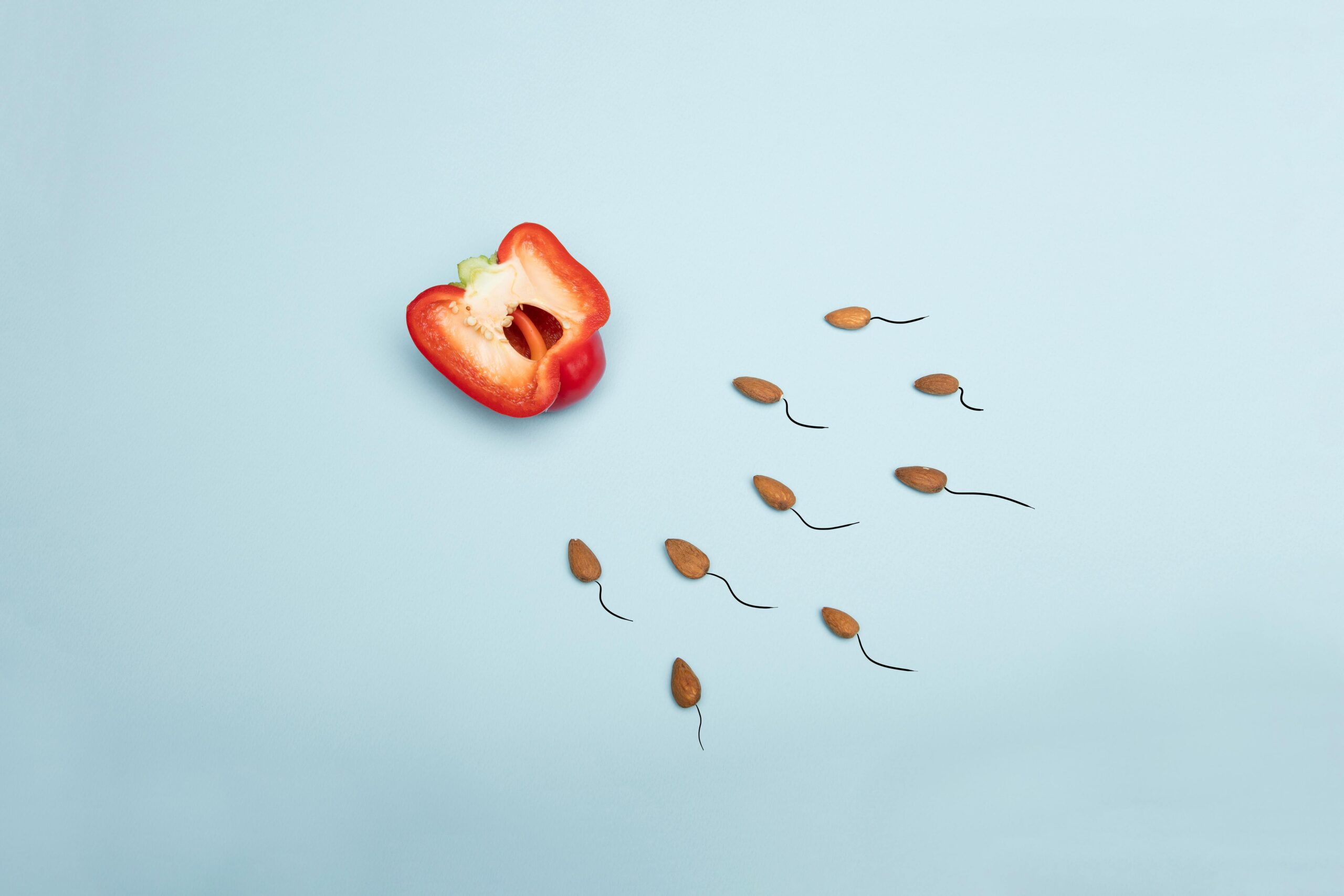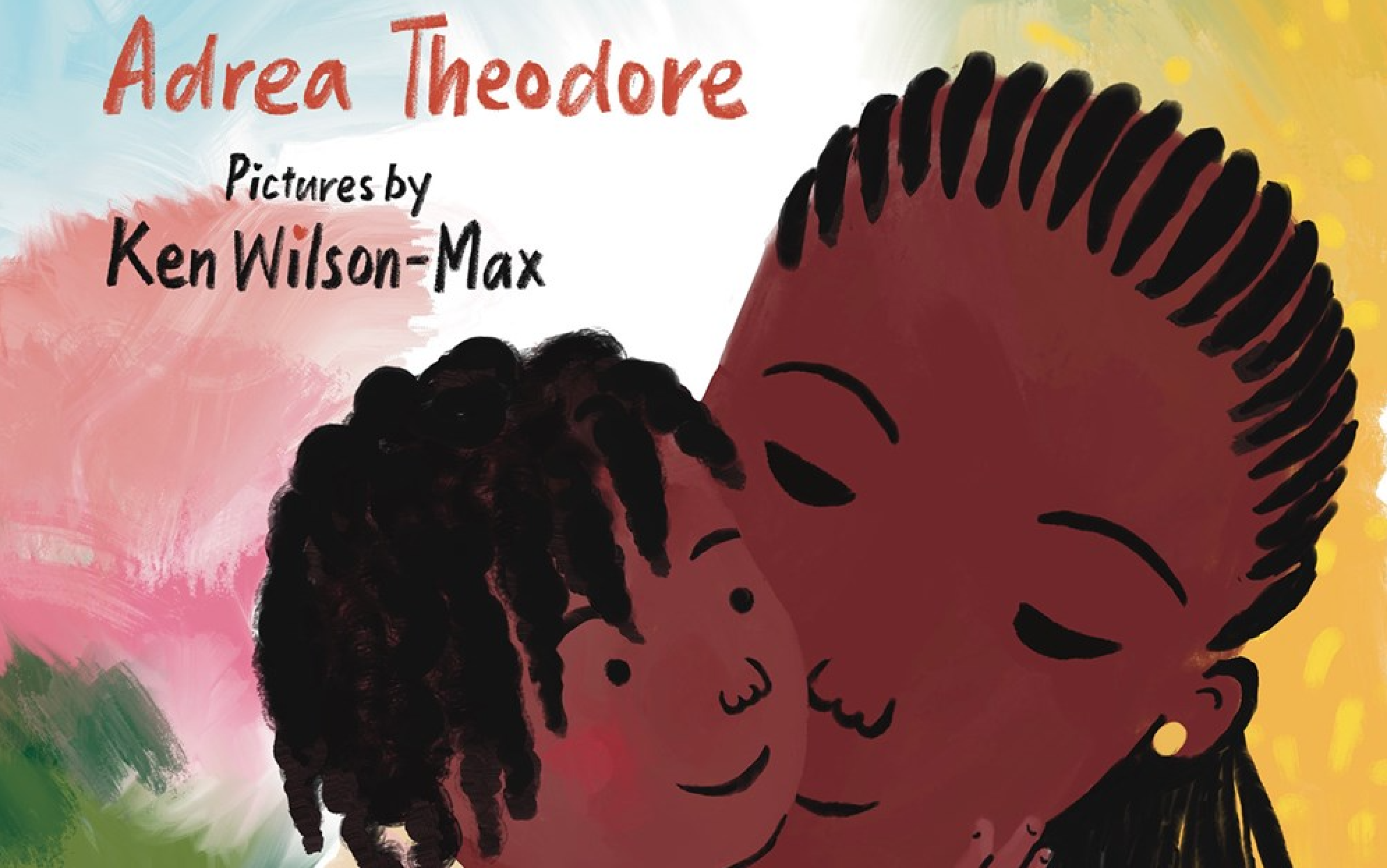
Who can you trust when you can’t trust yourself? That is the central question holding together the story in debut author Brianne Sommerville‘s new novel ‘If I Lose Her’, out March 5, 2024 from Rising Action Publishing Collective.
The pregnancy podcasts warned Joanna Baker about the baby blues, but when a near-fatal mistake places the first-time mom under the watchful eye of Child Protective Services, she receives a serious diagnosis – Postpartum depression. Jo hears the words, yet they don’t make sense. Nothing does.
Her blackouts are increasing, and she can’t recall events she’s been accused of. As she fights to keep her daughter, she discovers cracks in her neighborhood, family, and her own home. With the support of her sisters, she attempts to piece together her traumatic past and uncover who is truly in control. Jo must battle her faltering mind to save what’s most important — her daughter.
At a time across the U.S. when we are seeing a terrifying leap backwards for reproductive rights, it really does underscore the idea that in many ways, society views women as unreliable narrators of their own lives, needing outside interference to set them on the right path. From decisions around abortion, to what constitutes a “good mom“, these issues are interconnected in so many ways.
As we look ahead to Mother’s Day celebrations in a couple of months, in a U.S Presidential election year when reproductive rights are on the line, it is important to see books like this being written, by women who can draw from their own experience as Brianne has done, dismantling taboos and allowing so many others to feel less alone.
The author and mother of three explores the unpredictable nature of memory and how it can shape our perception of reality — and its potential for misperception in ‘If I Lose Her’. We had the chance to speak with Brianne about her process of writing this book, the complexities of motherhood and the challenges of balancing the demands of a newborn with mental health issues, and the often-stigmatized world of postpartum depression.
A near-fatal mistake places first-time mom Joanna Baker under the watchful eye of Child Protective Services. She struggles to remember events she's been accused of and discovers cracks in her neighborhood, family, and home. Jo must battle her faltering mind to save her daughter. pic.twitter.com/dVFClEQgbX
— Brianne Sommerville (@BriSommWrites) March 25, 2023
Tell us about your debut novel – when did you begin writing it, and how did the idea come about?
‘If I Lose Her’ is a dual-timeline novel that follows a first-time mom in the present day and offers a look into her childhood/adolescence. When Joanna Baker attracts the attention of Child Services following a near-fatal event involving her infant daughter—an event she has no recollection of—she is diagnosed with postpartum depression. As she fights to keep her daughter, she discovers cracks in her neighborhood, family, and her own home. With the support of her sisters, she attempts to piece together her traumatic past and uncover who is truly in control.
I began writing the novel in 2018 when I was on maternity with my first daughter. I found solace from my postpartum anxiety by jotting down my thoughts in my journal—everything from elation and the intense love I had for my baby girl, to my struggles and fears (the things I was afraid to talk about with friends and family). The entries were stream-of-consciousness and always rushed, during her naptimes or bouts of insomnia after I’d finished nursing her.
These diary entries inspired the fictionalized novel, which became a passion project and a way to flex my creative muscles during maternity leave. I started thinking about the often lonely, elongated days and nights that mothers experience during those first few months with a baby, and how sleep deprivation can take a toll on your mental health. That is when the idea of a first-time mother whose mind may or may not be unravelling, came to fruition.
Having dealt with postpartum anxiety, what were some of the biggest lessons you learned from this in terms of how pervasive it is, and how so many parents stay silent?
For me, anxiety has been a part of my life since I was a kid, and not surprisingly it was amplified with motherhood. We had a scare with our first, and a code pink (baby in distress) was issued after her delivery. There was a moment when the nurses rushed her to their station due to her slow heart rate and I met my husband’s eyes, where we thought she might not make it.
I couldn’t hold my daughter for the first few hours after her birth and while I think that certainly contributed to my anxiety, I expect I would still have those feelings with or without this intense delivery experience. While I might have been predisposed given my history with anxiety, some women who have never experienced depression or anxiety in their lives, can still very much develop postpartum depression/anxiety and there doesn’t need to be a traumatic birth experience to ignite it.
Perhaps the biggest thing I’ve learned (and am still learning) is to your point, how pervasive it is. For me, I was afraid to open up to those closest to me for fear that they would think I wasn’t fit for motherhood or that I wasn’t capable of being a good mother to my daughter. I come from a long line of inherently maternal women and I didn’t want to be an outlier. After writing this novel and speaking out more about my experience, I’m learning about so many mothers including friends who have had similar experiences. Hearing from early readers who have connected with my main character Jo Baker, and felt heard and seen, means everything to me.
There is something so soul-shaking about becoming a mother that completely changes your identity. What was this process like for you, and how did you channel this into the character of Joanna Baker?
That’s a great way of putting it. Your life changes completely overnight. I’ll never forget the moment when I was left alone with my daughter after the nurses excused themselves to visit other patients. It was like all of the sudden I was responsible for a whole other being with absolutely no experience. Those early days were a whirlwind, for sure, and I was lucky to get dressed and brush my teeth. I was glued to my baby app on my phone for tracking breastfeeds and diaper changes and I even invested in a baby scale so I could ensure she was gaining weight.
A few months in when I was finally getting stretches of sleep and learning the ropes, a new concern emerged—I wasn’t using my brain in the same way. While I found motherhood hard and intense work, I didn’t feel like my mind was being stimulated. I went from having a pretty intense PR agency career to spending my days singing songs from ‘The Wiggles’. I think this is why the novel became such a passion project for me. It allowed me to spend nap times and evenings flexing my creative muscle.
Mental health is definitely being talked about more, but there seems to still be so much taboo around mothers especially being open about their struggles, as it goes against the pervasive trope of women being all-sacrificing when it comes to children and suffering in silence. What kind of discussions around mental health do you hope your book will prompt?
I hope people who have experienced postpartum mental health concerns will connect with Joanna and those who haven’t, will see a different side of PPD and PPA. I think there is a stigma that still exists that women who have postpartum mental health issues aren’t fit to be mothers or don’t love their children. My main character Joanna has such an intense love for her daughter Addison and it’s because of this unconditional love that she feels the pressure to be perfect.
Was there any aspect of Joanna’s story that was particularly tough or triggering to write about?
Writing the scenes between Jo and her daughter Addison flowed incredibly well. I had my relationships with my children to pull from and I wrote the first drafts during the early days of motherhood over two maternity leaves, so my experiences were fresh and uninhibited. Rather than triggering, I found writing cathartic and was able to tap into some raw emotions.
The more difficult scenes to write came from the past timeline that explores Jo’s adolescence and her strained relationship with her mother. I come from a strong line of caregivers who have always put children first. My maternal grandmother worked at a daycare and fostered children, and my mother followed in her footsteps, doing at-home daycare throughout my childhood.
I was a camp counsellor for many years and have always enjoyed working with kids through nannying, tutoring and assisting with my mom’s daycare business. I love my three children fiercely, so it took a lot of imagination to build a world where Jo’s mother could treat her any less than the examples I had grown up with.
What kind of comfort do you hope “If I Lose Her” will bring to other mothers who might be going through their own postpartum experience and trying to figure out where to find support?
A couple of my first readers are mothers and I remember receiving texts when they were reading in the vein of “just read the first chapter and it’s giving me all the feels.” A lot of the early readers who are mothers have come to me sharing their own experiences, how they are similar or how they differ from Joanna’s and it’s also allowed me to open up more about my own experiences.
To me there is something so comforting about reading a book and relating to a character. It’s like confiding in a friend. I hope that readers of ‘If I Lose Her’ can see parts of themselves in the characters while also finding their choices surprising and at times unimaginable. I hope that anyone struggling with postpartum mental health issues, can find some comfort and connection with Jo. As a thriller writer, I also hope readers find it hard to put the book down!
Can you share more about the power of storytelling and how it can create connection and community?
Storytelling has the opportunity to reach and connect communities more than ever. Of course, book clubs and buddy reads aren’t a new thing but social media and technology allow readers to connect across borders and we are seeing more discussions around stories as a result. For example, I recently read ‘The Whispers’ by Ashley Audrain and connected with my writing critique group online to discuss our thoughts. I find it hard to be a part of in-person book clubs with young kids at home but being able to join discussions on social or with online communities is something I’ve really started loving to do.
For new mothers who read your book and want to find resources, what are your recommendations, and what helped you navigate your own postpartum experience?
There are so many community groups new mothers can tap into if they’re interested in connecting with other mothers in their neighborhoods. Most libraries host mommy and baby/toddler programs, which is great because then you can also borrow a book while you’re there for a bit of escapism! Various fitness classes will offer baby-and-me classes. I went to a yoga class with my firstborn and did mom-and-baby swimming for my kids as well.
I’d also recommend finding something for yourself. I’m more of an introvert so sometimes participating in group programs was daunting and added more stress to my day. I personally found more solace in writing. Moms need to have time for themselves, whether that is reading a book, having a bath, keeping up with their fitness or having a coffee with a friend.
My biggest advice is admitting to yourself and those closest to you that you need help. Having a support system can make a huge difference if you are struggling with mental health. I always think of the in-flight demonstrations where the flight attendant explains that you should put on your own breathing mask before helping others with theirs. You can’t help others if your breathing mask isn’t on!
What kind of stigma do you hope your book will chip away at, in the overall understanding of postpartum issues?
Postpartum depression is still very much taboo, and I think many people believe it means you don’t love your children, that you are disappointed in motherhood, or that you aren’t adapting well to it. But in my experience, that couldn’t be further from the truth. It was my intense love for my daughter that really drove my anxiety. I wanted nothing more than for her to be healthy and happy and I put a lot of pressure on myself to achieve that. I hope readers will identify with Jo and understand how her mental health issues exist despite her love for her daughter.
You can order a copy of ‘If I Lose Her’ HERE, and follow Brianne Sommerville on Instagram, Twitter/X, and Goodreads.

















